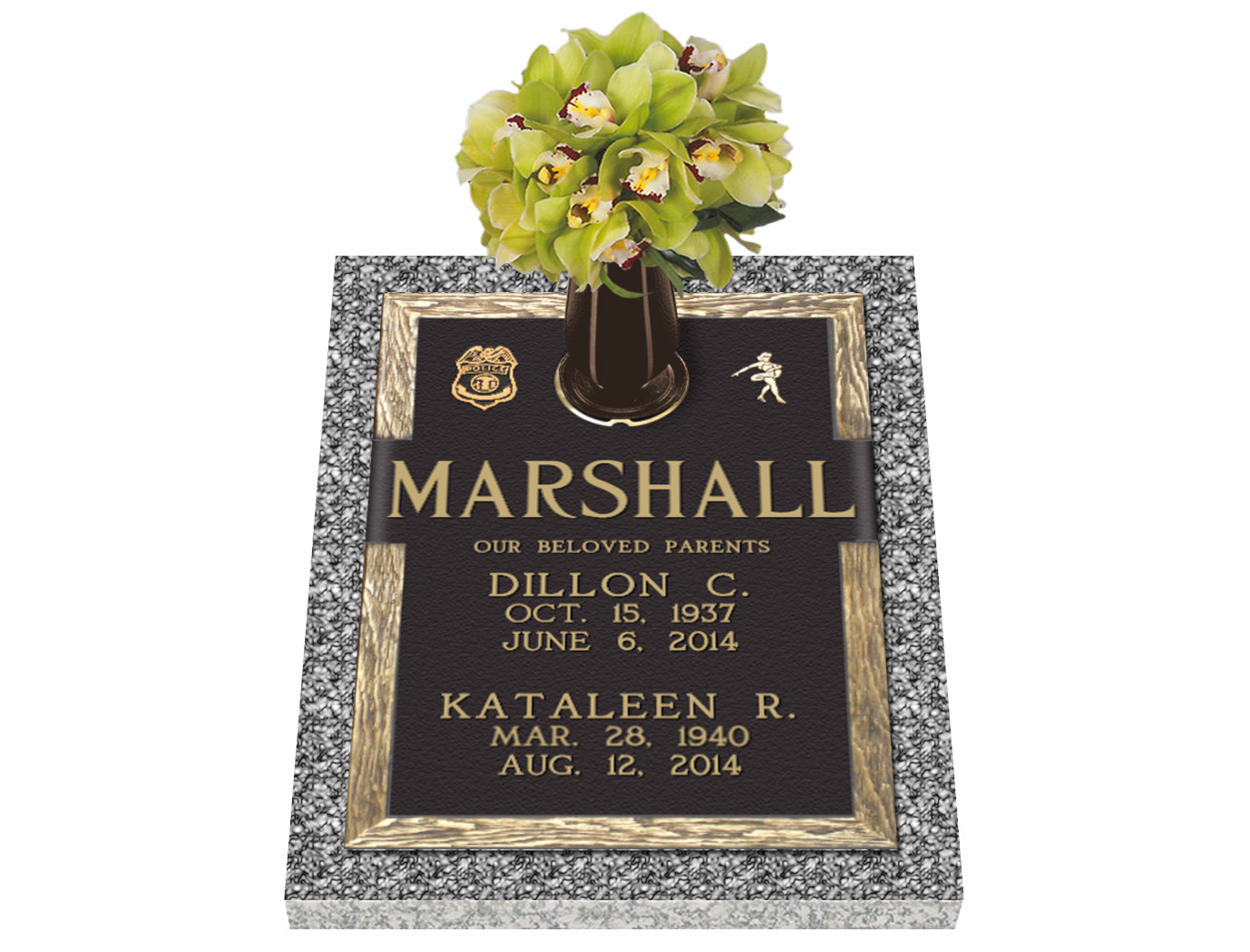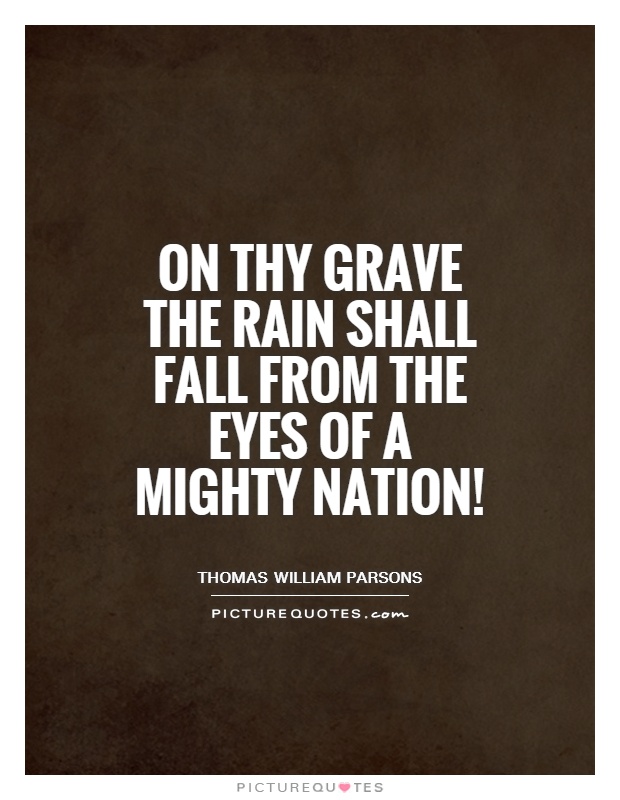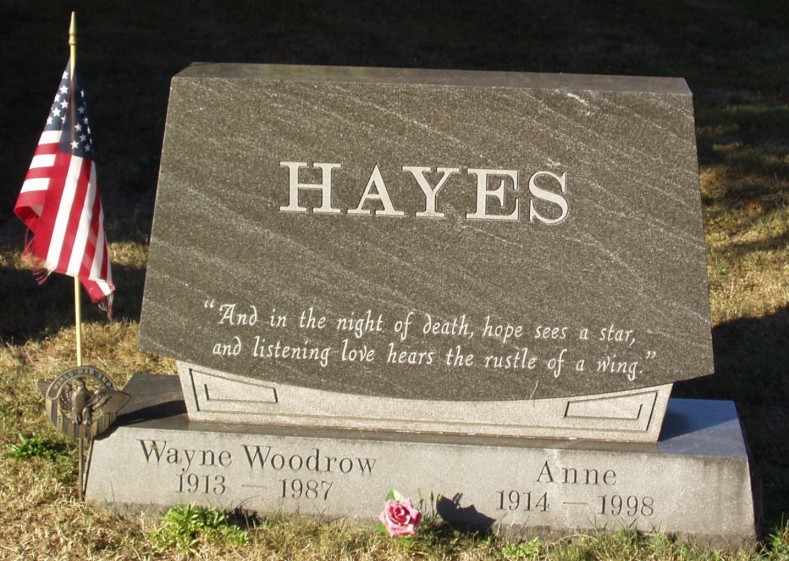Grave quotes have always held a special place in our hearts and minds. They’re not just words carved into stone; they’re fragments of history, emotions, and stories left behind. These powerful phrases can evoke feelings of reflection, nostalgia, and even inspiration. Whether you’re visiting a cemetery, writing a eulogy, or simply exploring the art of remembrance, grave quotes can leave an indelible mark on your soul.
Let’s be real here, death is one of those universal truths that nobody can escape. But instead of fearing it, why not embrace its inevitability through the beauty of language? Grave quotes help us find meaning in loss and create connections with those who’ve passed on. They remind us to live fully, love deeply, and cherish every moment.
In this article, we’ll dive into the world of grave quotes, exploring their significance, history, and impact on society. From famous last words to heartfelt epitaphs, we’ll uncover the stories behind these profound phrases. So grab a cup of coffee, get comfy, and let’s embark on this journey together.
Read also:Lakers Roster 2024 Your Ultimate Guide To The Upcoming Season
What Are Grave Quotes?
Grave quotes, also known as epitaphs, are inscriptions found on tombstones or memorials. They serve as a tribute to the deceased and often reflect their personality, beliefs, or accomplishments. These quotes can range from simple and heartfelt to witty and thought-provoking.
Think about it—when you stand in front of a gravestone, what do you see? It’s more than just a name and dates; it’s a glimpse into someone’s life. Grave quotes add depth to that glimpse, offering a window into their soul. They might make you smile, cry, or pause to reflect on your own mortality.
Some people choose grave quotes themselves, leaving behind instructions for their loved ones. Others leave it up to family and friends to decide what best represents them. Either way, these words become a lasting legacy, echoing through time.
Why Are Grave Quotes Important?
Grave quotes play a crucial role in how we remember and honor the deceased. They provide closure for those left behind and preserve the memory of the departed. By choosing the right words, we ensure that the person’s essence lives on.
They also serve as a source of comfort during times of grief. Reading a meaningful quote can bring solace, reminding us that death is not the end but rather a continuation of life in another form. It’s like saying, “Even though you’re gone, your spirit remains with us.”
Moreover, grave quotes contribute to cultural heritage. They reflect societal values, religious beliefs, and historical contexts. For instance, ancient Roman epitaphs often emphasized virtues like courage and loyalty, while Victorian ones focused on morality and piety.
Read also:How To Create Engaging Video Content That Captures Your Audiences Attention
History of Grave Quotes
The tradition of using grave quotes dates back thousands of years. In ancient civilizations, people inscribed symbols and short phrases on tombs to honor the dead. As language evolved, so did the complexity and creativity of these inscriptions.
Classical Era
In Greece and Rome, grave quotes were often poetic and philosophical. They celebrated the individual’s achievements and virtues. For example, the epitaph of the Greek poet Simonides reads, “Here lies Simonides, who sang to the lyre and the lyre to the gods.”
Medieval Period
During the Middle Ages, grave quotes became more religious in nature. They often included prayers or biblical verses, reflecting the strong influence of Christianity. A typical epitaph from this era might say, “Rest in peace, Amen.”
Modern Times
Today, grave quotes are as diverse as the people they represent. Some are humorous, like Mark Twain’s supposed last words, “I came in with Halley’s Comet in 1835. It is coming again next year, and I expect to go out with it.” Others are profound, such as Maya Angelou’s, “And still, I rise.”
Famous Grave Quotes
Throughout history, many notable figures have left behind memorable grave quotes. These epitaphs capture their essence and continue to inspire generations. Here are a few examples:
- Winston Churchill: “I am ready to meet my Maker. Whether my Maker is prepared for the great ordeal of meeting me is another matter.”
- Beethoven: “Clap your hands if you hear me!”
- Virginia Woolf: “I have had many diverse feelings and conflicting ideas, but one thing has remained steadfast: that life is worth living.”
These quotes remind us that even the most extraordinary people faced mortality with grace and humor. They teach us to embrace life’s uncertainties and find beauty in every moment.
How to Choose the Perfect Grave Quote
Selecting a grave quote can be a challenging yet rewarding process. It requires thoughtfulness and consideration of the deceased’s personality and values. Here are some tips to help you choose wisely:
Consider Their Personality
Think about the person’s unique qualities and how they lived their life. Did they have a great sense of humor? Were they deeply spiritual? Let these traits guide your decision.
Reflect on Their Legacy
What did the person contribute to the world? Whether it’s through their profession, relationships, or passions, their legacy deserves recognition. A quote that highlights their achievements can be a fitting tribute.
Keep It Personal
Avoid generic phrases and opt for something meaningful to both the deceased and their loved ones. Personal anecdotes or favorite sayings can add depth and authenticity to the epitaph.
Creative Ways to Use Grave Quotes
Grave quotes don’t have to be limited to tombstones. They can be incorporated into various forms of remembrance, making them more accessible and impactful. Here are some creative ideas:
- Create a memorial garden with plaques featuring favorite quotes.
- Design a keepsake box with engraved words of wisdom.
- Write a poem inspired by a meaningful epitaph and share it with family and friends.
By expanding the use of grave quotes, we honor the deceased in new and innovative ways. These projects can bring people together and foster a sense of community during difficult times.
Impact of Grave Quotes on Society
Grave quotes influence how we perceive death and remembrance. They challenge us to think deeply about our own mortality and the legacy we wish to leave behind. In doing so, they shape cultural norms and societal attitudes.
They also promote empathy and understanding. When we read someone else’s grave quote, we connect with their story and gain insight into their experiences. This connection fosters compassion and reminds us of our shared humanity.
Furthermore, grave quotes inspire creativity and self-expression. They encourage us to reflect on our lives and articulate our values through words. This process can lead to personal growth and a greater appreciation for life.
Challenges in Writing Grave Quotes
While grave quotes are beautiful and meaningful, crafting the perfect one isn’t always easy. There are several challenges to consider:
Brevity
Space limitations on tombstones often require concise wording. Finding the right balance between simplicity and depth can be tricky.
Emotion
Writing about someone you love after their passing is emotionally taxing. It’s important to take your time and seek support if needed.
Cultural Sensitivity
Respecting cultural and religious traditions is crucial when choosing a grave quote. Make sure the language aligns with the deceased’s beliefs and practices.
Future of Grave Quotes
As technology advances, the way we memorialize the deceased is evolving. Digital platforms and virtual memorials offer new opportunities to preserve and share grave quotes. These innovations allow us to reach wider audiences and keep memories alive for future generations.
However, the timeless appeal of physical epitaphs remains unchanged. There’s something special about standing in front of a tombstone and reading the words someone chose to represent them. This connection to the past continues to resonate with people worldwide.
Conclusion
Grave quotes are more than just inscriptions; they’re bridges connecting us to those who came before us. They inspire, comfort, and educate, reminding us of life’s fragility and beauty. By embracing their power, we honor the deceased and enrich our own lives.
So, whether you’re writing a grave quote for a loved one or exploring the history of epitaphs, remember their significance. Let them guide you in finding meaning in loss and celebrating the lives of those who’ve touched your heart.
Now it’s your turn! Share your favorite grave quote in the comments below or tell us about someone whose epitaph moved you. Together, let’s keep these stories alive and inspire others to do the same.
Table of Contents


